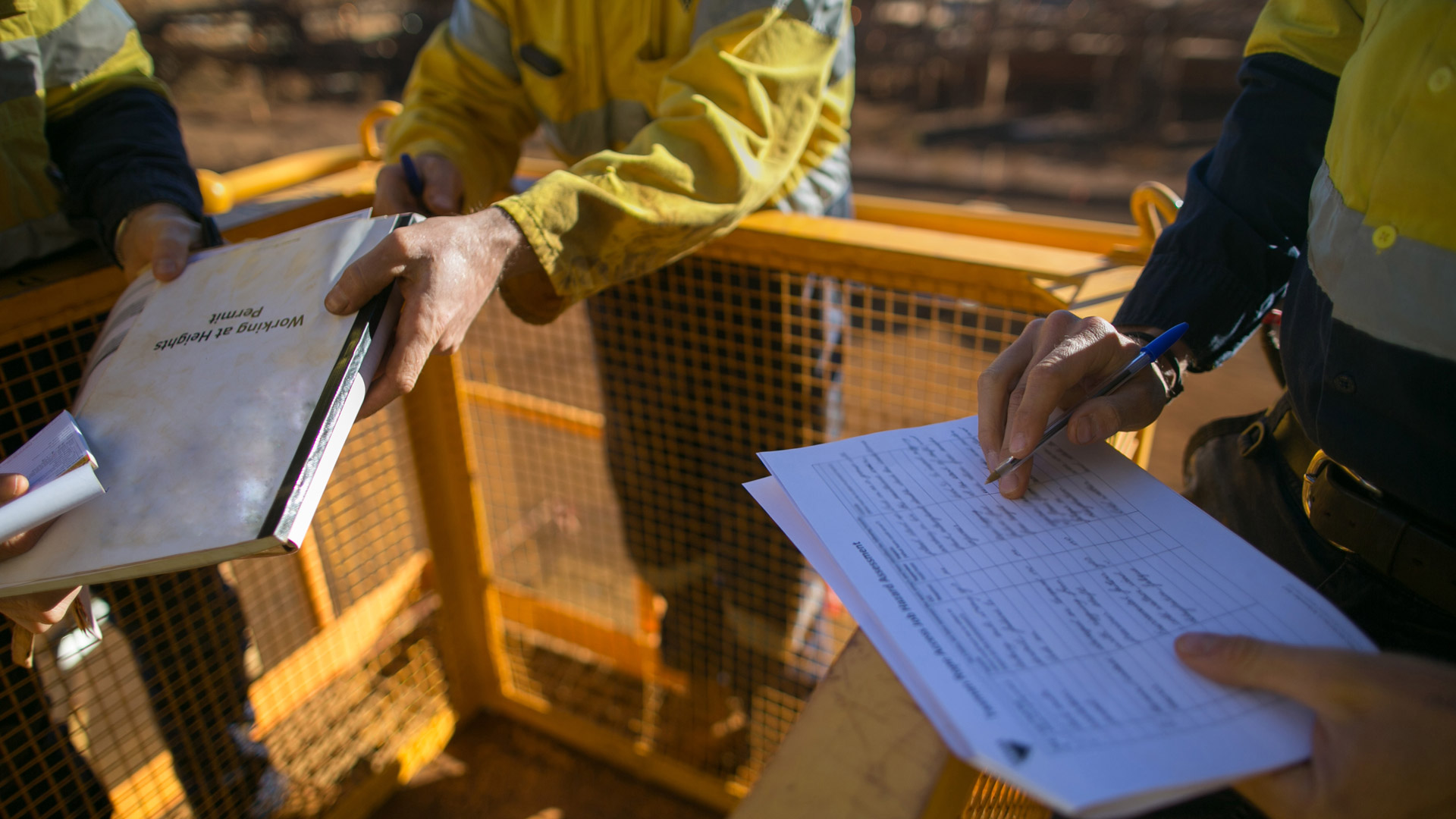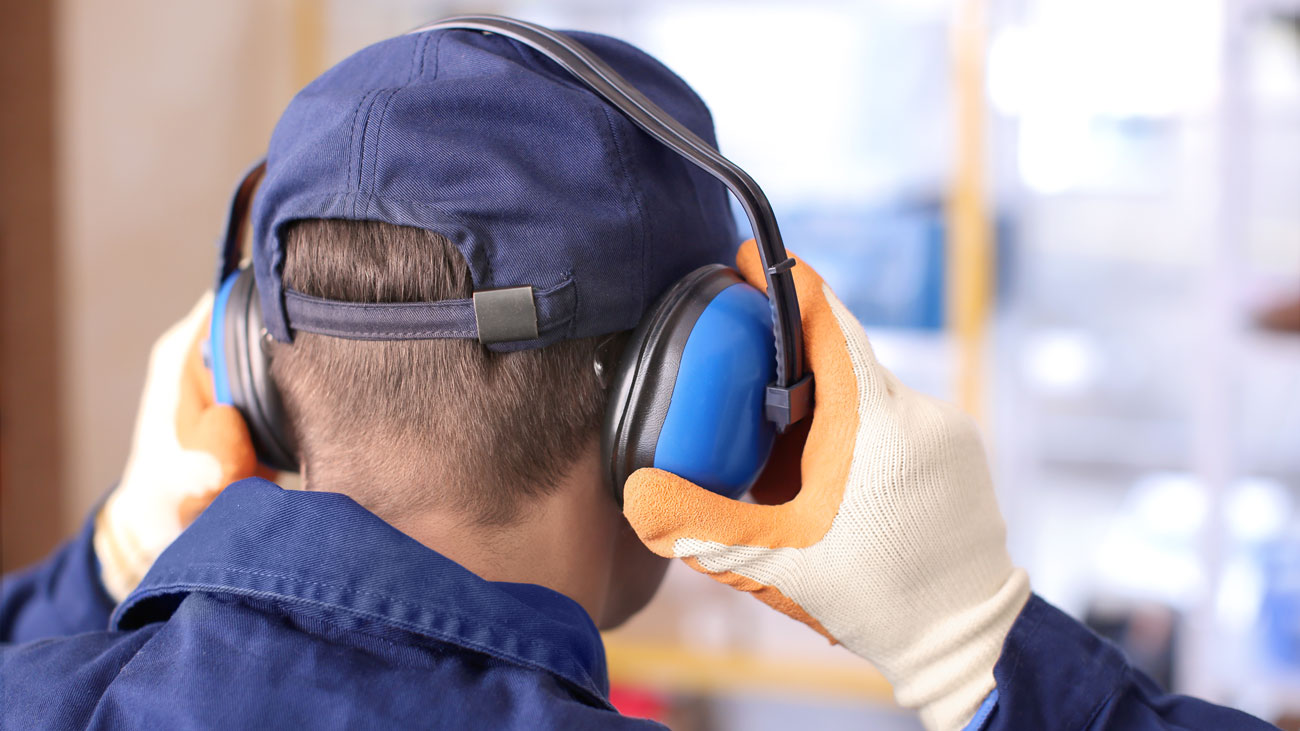Construction company Peter Duffy Ltd has been sentenced for safety breaches after multiple employees were diagnosed with hand-arm vibration syndrome (HAVS).
Leeds Magistrates’ Court heard that the company reported seven cases of HAVS between November 2016 and August 2018. All of the workers involved had been carrying out ground works involving vibrating tools. Many of them had been working in the industry for over 20 years.
An investigation by the Health and Safety Executive (HSE) found that in 2016 the company contracted a new occupational health provider to replace their existing one. The diagnosis of the workers’ conditions resulted from these changes. Prior to the new company taking over the contract, there was no suitable health surveillance in place to identify HAVS. Health surveillance involves obtaining information about employees' health in order to protect them from health risks at work. The objectives of health surveillance are:
- To protect the health of employees.
- To collect data for detecting or evaluating health hazards.
- To evaluate control measures.
Peter Duffy Ltd pleaded guilty to breaching Section 2 (1) of the Health and Safety at Work etc. Act 1974. The company was fined £40,000 and ordered to pay £3,919 in costs.
Speaking after the hearing, HSE inspector Chris Tilley said:
“The company should have undertaken a suitable and sufficient risk assessment to identify the level of vibration employees were exposed to throughout their working day and then put in place appropriate control measures. Furthermore, the company should have put in place suitable health surveillance to identify HAVS in their workforce.”
Do you have a hand-arm vibration problem at work?
This will depend on whether your employees regularly and frequently work with vibrating tools and equipment and/or handle vibrating materials, says the HSE. It will also depend on how long your employees are exposed to vibration and at what level.
As a simple guide you will probably need to do something about vibration exposures if any of the following apply:
- Do your employees complain of tingling and numbness in their hands or fingers after using vibrating tools?
- Do your employees hold work pieces, which vibrate while being processed by powered machinery such as pedestal grinders?
- Do your employees regularly use hand-held or hand-guided power tools and machines such as:
-
- concrete breakers, concrete pokers;
-
- sanders, grinders, disc cutters;
-
- hammer drills;
-
- chipping hammers;
-
- chainsaws, brush cutters, hedge trimmers;
-
- powered mowers; and/or
-
- scabblers or needle guns.
-
- Do your employees regularly operate:
-
- Hammer action tools for more than about 15 minutes per day; or
-
- Some rotary and other action tools for more than about one hour per day.
-
- Do you work in an industry where exposures to vibration are particularly high, such as construction, foundries, or heavy steel fabrication/shipyards?
More advice is available on the HSE website.
For more information on implementing health assessment in your organisation, check out the latest IOSH Managing Occupational Health and Wellbeing course, brought to you by International Workplace.
You may also be interested in
RELATED CONTENT
RELATED COURSES

The Manual handling course helps learners understand the risks and dangers associated with lifting and handling in the workplace.

The Permits to work course explores the elements of permit-to-work systems and the high-risk activities that may require them.

The world’s best-known health and safety certificate, designed for managers and supervisors in any sector or organisation.

Introduction to health and safety gives learners a basic introduction to managing safety in their workplace.

The British Safety Industry Federation (BSIF) has issued a warning to those overseeing personal protective equipment (PPE) and safety product procurem...

Following the departure of the UK from the EU, and the transition period which comes to an end on 31 December 2020, new rules from January 2021 will e...

The Chartered Institution of Building Services Engineers (CIBSE) has produced an information sheet intended to help property operators, facilities man...

Employers must update workplace policies to ensure workers are clear on the rules on wearing the correct PPE, including facemasks.